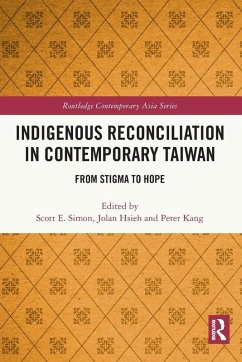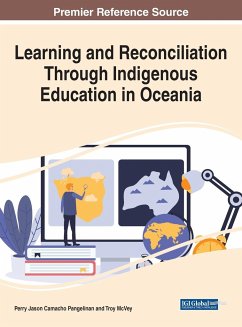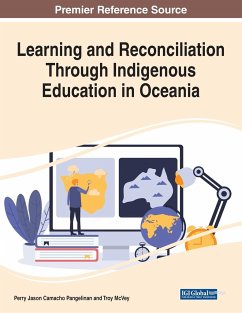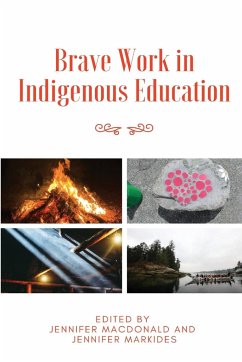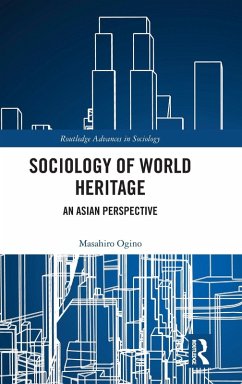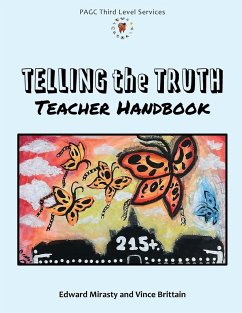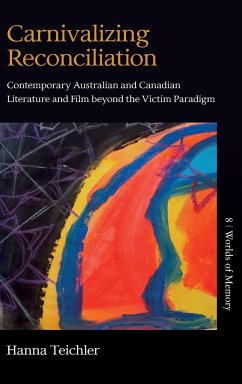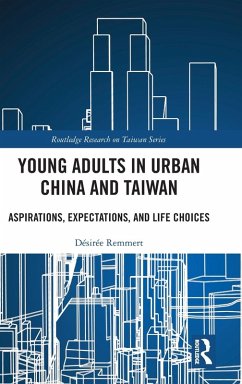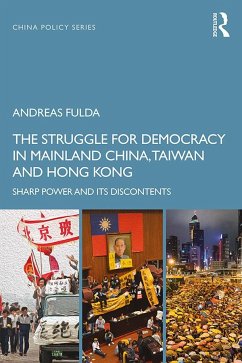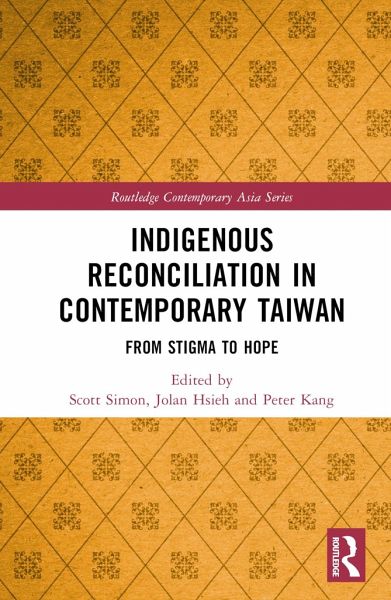
Gebundenes Buch
Indigenous Reconciliation in Contemporary Taiwan
From Stigma to Hope
Herausgeber: Simon, Scott E.; Kang, Peter; Hsieh, Jolan
Versandkostenfrei!
Versandfertig in 1-2 Wochen

PAYBACK Punkte
75 °P sammeln!




This book draws attention to the issues of Indigenous justice and reconciliation in Taiwan, exploring how Indigenous actors affirm their rights through explicitly political and legal strategies, but also through subtle forms of justice work in films, language instruction, museums, and handicraft production.
Scott E. Simon (Ph.D., Anthropology, McGill University) is Professor in the School of Sociological and Anthropological Studies, University of Ottawa, Canada. He is co-chair of the uOttawa Research Chair in Taiwan Studies, as well as a researcher at the Human Rights Research and Education Centre and the Centre for International Policy Studies. Simon is author of three books, and numerous journal articles and book chapters, about Taiwan. Since 2004, he has specialized in the study of indigeneity, based on years of field research in Truku and Seediq villages. He wrote Sadyaq Balae: L'autochtone formosane dans tous ses états (Québec: 2012) and Truly Human: Indigeneity and Indigenous Resurgence on Formosa (Toronto: 2023). Jolan Hsieh/Bavaragh Dagalomai (Ph.D., Justice Studies, Arizona State University, Tempe) is a Taiwanese Indigenous scholar of the Siraya Nation. Jolan is a professor of Ethnic Relations and Cultures at the College of Indigenous Studies, and since 2014 has been the Director of the Center for International Indigenous Affairs at National Dong Hwa University (Taiwan). Her research areas are Law and Society, Human Rights, Identity Politics, Global Indigenous Studies, Gender/Ethnicity/Class, Environmental Justice, Indigenous Research and Ethics. Jolan's book publications include Collective Rights of Indigenous Peoples: Identity-Based Movement of Plains Indigenous in Taiwan (Routledge, 2006/2010) and In-between: Indigenous Research and Activism as Ceremonial Journey (in Chinese, 2017). As a devoted Indigenous activist and scholar, Jolan has produced a large body of knowledge in the areas of Indigenous rights and legal activism, identity politics, Indigenous education, and gender and culture. Jolan's professional services include advisor to the Presidential Office Indigenous Historical Justice and Transnational Justice Committee/convener of the Reconciliation Subcommittee, the Executive Yuan Indigenous Peoples Basic Law Working Committee, and the Council for Indigenous Peoples Affairs PingPu Peoples Affairs Working Committee. Jolan has served as co-Chair for the World Indigenous Nations Higher Education Consortium since 2019. Peter Kang (Ph.D., Geography, University of Minnesota) is Professor at the Graduate Institute of Taiwan History, National Taiwan Normal University, Taiwan. Kang specializes in the studies of toponymy of Taiwan, and historical geography of Formosan Austronesians in the early modern period. His recent articles include "The VOC and the Geopolitics of Southern Formosa: The case of Lonckjouw" (2018), "Seeking 'Roots' in Taiwan: 'Red Hair' and the Dutch Princess of Eight Treasures" (2018, Routledge), and "Naming and Re-naming on Formosa: The Toponymic Legacies of the VOC Cartographies on the Eighteenth and Nineteenth Century Western Maps" (2019).
Produktdetails
- Verlag: Routledge
- Seitenzahl: 284
- Erscheinungstermin: 4. November 2022
- Englisch
- Abmessung: 240mm x 161mm x 20mm
- Gewicht: 593g
- ISBN-13: 9781032023762
- ISBN-10: 1032023767
- Artikelnr.: 64630780
Herstellerkennzeichnung
Libri GmbH
Europaallee 1
36244 Bad Hersfeld
gpsr@libri.de
Für dieses Produkt wurde noch keine Bewertung abgegeben. Wir würden uns sehr freuen, wenn du die erste Bewertung schreibst!
Eine Bewertung schreiben
Eine Bewertung schreiben
Andere Kunden interessierten sich für


